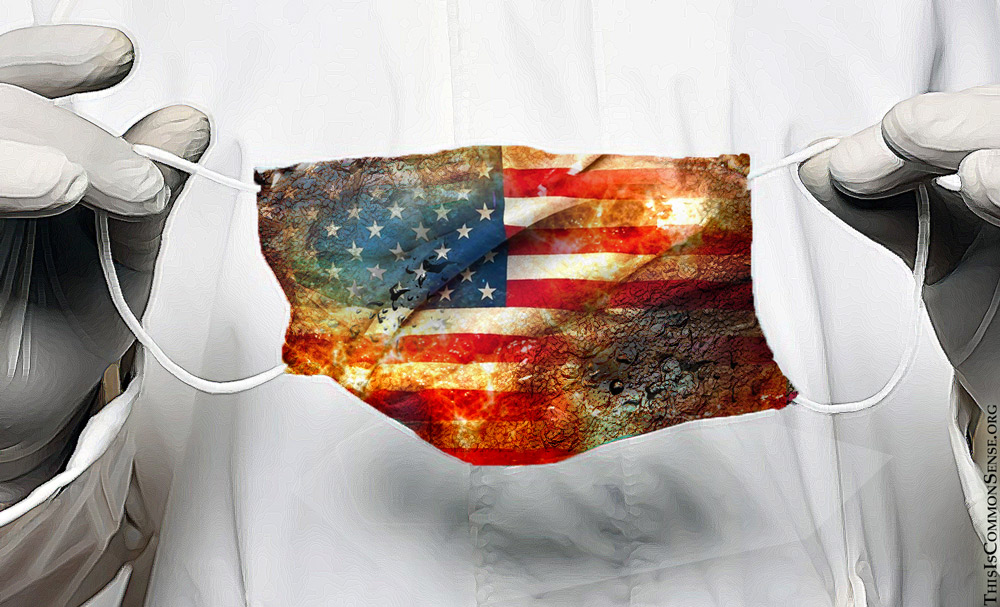The “rubber room” neatly symbolizes, I think, the institution of the American public school. That is a room where New York’s bad teachers are sent to keep them away from students … all the while still receiving full paychecks.
You see, unions have made it mighty hard to fire a teacher.
But rubber rooms sadly have competition in the category of outstanding tax-dollar waste and bureaucratic madness.
Welcome to the roads of Fairfax, Virginia.
“Fairfax County, Va., wants to keep paying its school-bus drivers even though its schools are operating online. The solution? Send the drivers out to drive anyway,” wrote Kyle Smith at National Review. “Food-service workers in schools are also not needed as long as the online-only schooling model continues. So what has happened to them? Zero layoffs. Not even any furloughs. Everybody is still getting their regular paycheck.”
But that was from last Fall. Now, teachers in Fairfax have moved to the front of the line in receiving the coronavirus vaccine, but still refuse to teach until all kids are vaccinated. Since kids have proven not to be a vector for the disease’s transmission, and are themselves the least at risk age group from the advanced respiratory illness associated with it, this seems a tad rubber-roomy.
It gets weirder. Virginia’s House Bill 2118 would replace diesel buses with electric buses.
Quite an “investment.” Especially while no students are riding school buses.
The much-vaunted “new normal” is apparently to spend more on so-called legacy services that are no longer being used at all.
This is Common Sense. I’m Paul Jacob.
—
See all recent commentary
(simplified and organized)





